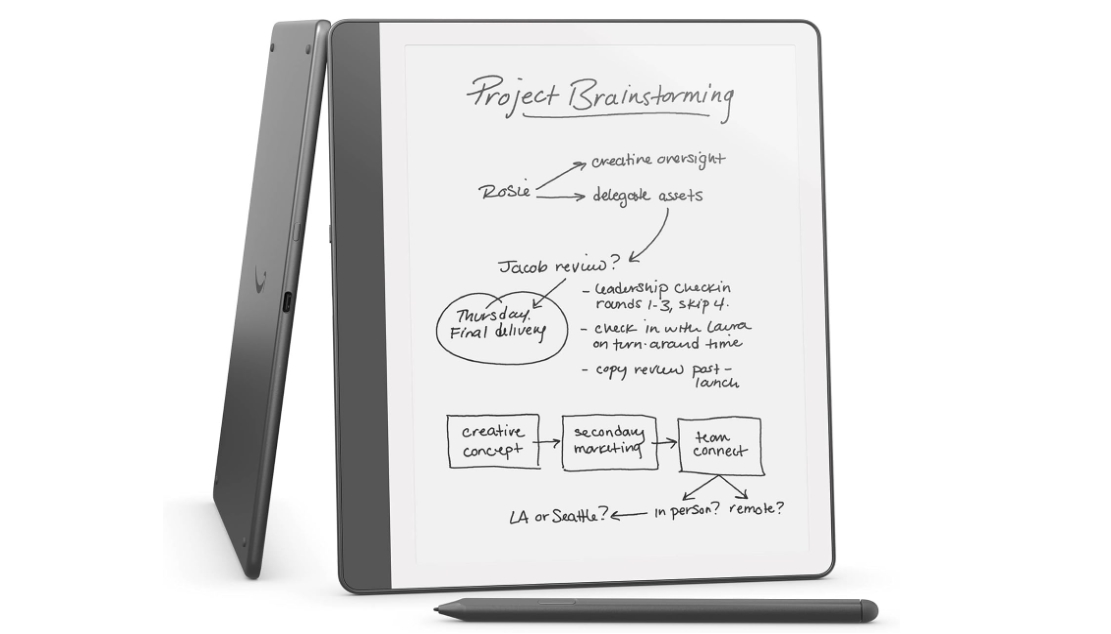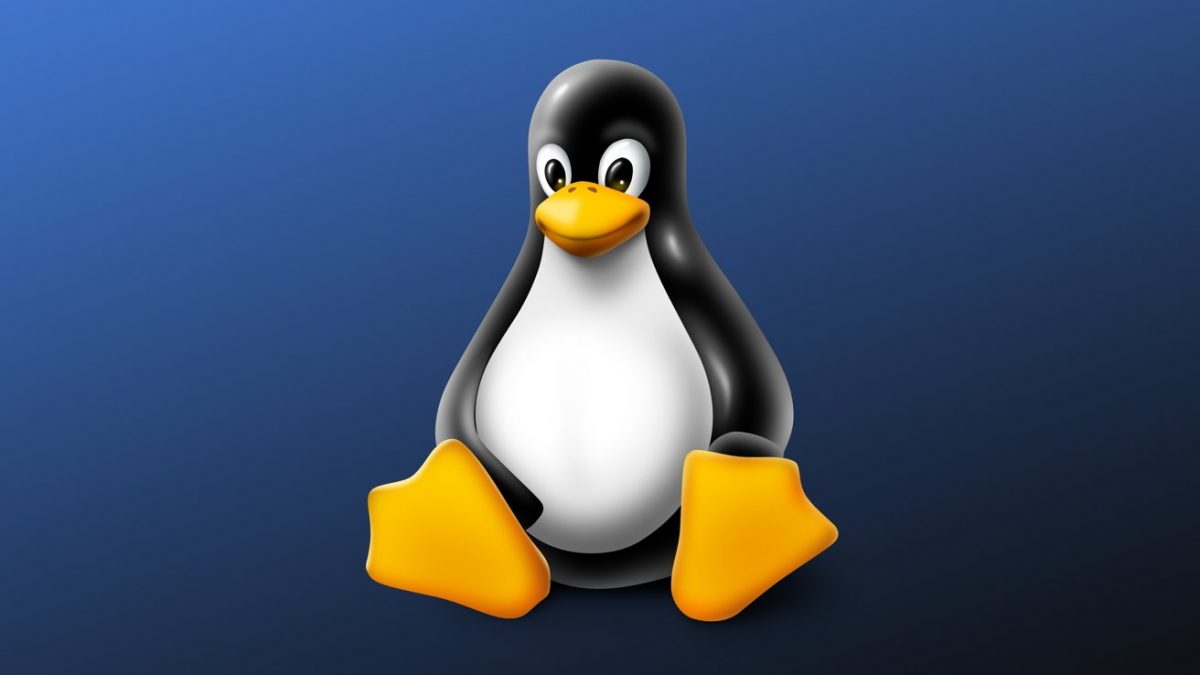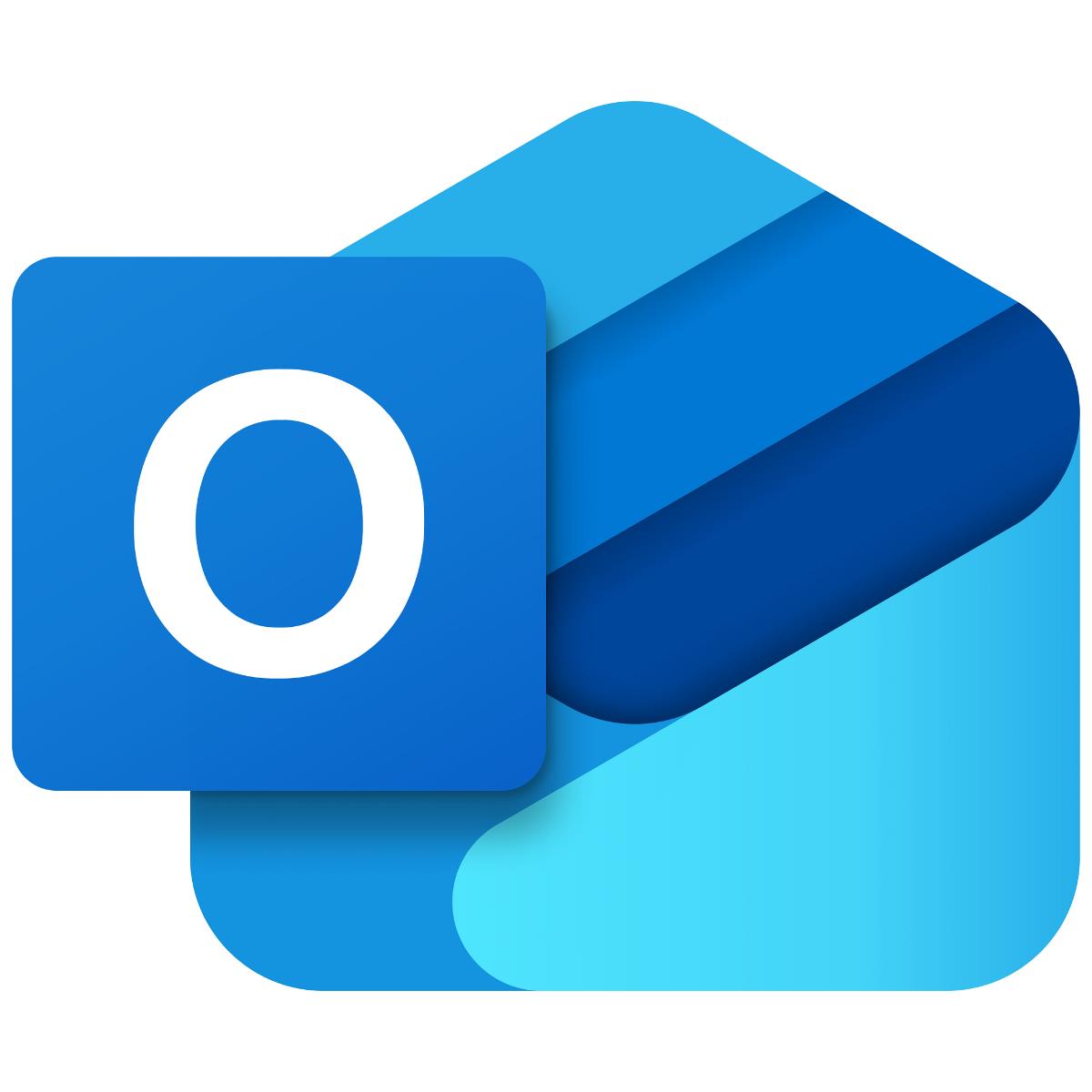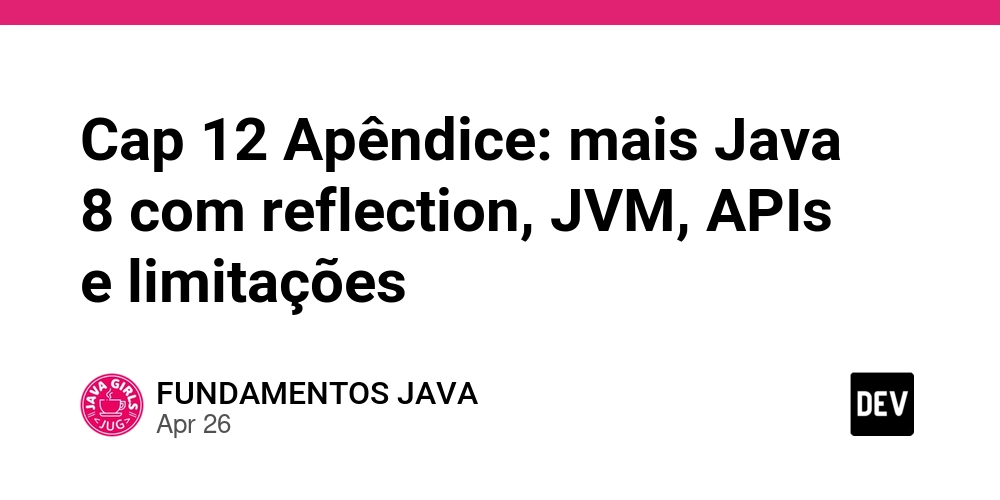Leveraging Open Compensation Token License (OCTL) for a Sustainable Open Source Ecosystem
Abstract: In today’s dynamic software development landscape, sustainability and fair compensation are emerging as central concerns for independent developers and small teams. The Open Compensation Token License (OCTL) offers an innovative alternative to traditional open source capitalism. This post explores OCTL’s key concepts, benefits, and challenges, while comparing it with conventional methods. We delve into its economic model, discuss practical use cases, and offer insight into the future of open source innovation. By integrating technical expertise with accessible commentary, this article presents a holistic view of how OCTL can empower developers globally. Introduction Open source software has revolutionized technology by enabling collaboration and innovation across global communities. Yet, traditional models often struggle with sustainability and fair developer compensation. To address these issues, the Open Compensation Token License (OCTL) introduces a tokenized royalties-based system that transforms how software contributions are valued. By decoupling economic rewards from traditional metrics like user base size and popularity, OCTL creates a more equitable landscape for independent developers, especially those in underfunded regions such as the Global South. In this post, we outline the need for alternative funding methods, examine the background and context of OCTL, and explore its core features, applications, challenges, and future innovations. We also incorporate insights from leading discussions in the open source community, such as those found on Dev.to and authoritative sources like Open Source Capitalism Opportunities and Challenges for the Global South. Background and Context Open source software has long been prized for its collaborative nature and community-driven innovation. However, traditional models often rely on corporate sponsorships or advertising revenue, which leaves many independent developers with limited financial support. This mismatch has given rise to open source capitalism, a model where economic gains are linked to project success through market dynamics. OCTL shifts this narrative by introducing a royalties-based token system that pays developers directly based on usage. Unlike conventional open source models, where popularity and extensive resources are prerequisites for financial viability, OCTL values merit and innovation over marketing budgets and extensive codebases. For those unfamiliar with tokenized economies, this method leverages blockchain technology to securely track software usage and distribute payments automatically, ensuring transparency and decentralization. Several key concepts form the backbone of OCTL: Royalties-Based Compensation: Developers earn tokens as royalties for their contributions, which can later be converted to real-world currency. Decoupling Value from Popularity: Economic rewards are tied directly to the utility and quality of code rather than external metrics like advertising reach. Equitable Inclusion: Smaller teams and independent developers, regardless of geographic location, can receive fair compensation through OCTL’s decentralized funding model. For a detailed overview of traditional open source licensing, check out the Open Source Wikipedia page. Core Concepts and Features OCTL’s framework introduces several core features designed to offer a sustainable and inclusive alternative to pure open source capitalism. Below are the critical components and benefits: 1. Royalties-Based Token System Direct Rewards: OCTL ensures that developers receive a direct share of royalties proportional to the actual usage and adoption of their contributions. Blockchain Integration: Utilizing blockchain technology provides transparency and immutable records of contributions and earnings. 2. Decoupling Economic Value from Traditional Metrics Merit over Marketing: Instead of relying on extensive user bases or advertising revenue, compensation is distributed based on the practical impact of code contributions. Fair Compensation: This system levels the playing field for independent developers who may lack the financial resources for large-scale promotion. 3. Inclusive and Global Reach Access for Global Communities: Developers from regions with limited funding options have opportunities to benefit without the need for expensive entry barriers. Side Hustle Opportunities: Even as a part-time endeavor, OCTL enables developers to build supplemental income streams—a crucial benefit for those balancing multiple responsibilities. 4. Scalable Support for Small Teams and Independent Contributors Low Barriers to Entry: Small teams can join without immediate commercialization pressures. Long-Term Financial Incentives: Continuous innovation is rewarded over time, fostering a culture of sustained quality and dedication. Below is a table comparing t

Abstract:
In today’s dynamic software development landscape, sustainability and fair compensation are emerging as central concerns for independent developers and small teams. The Open Compensation Token License (OCTL) offers an innovative alternative to traditional open source capitalism. This post explores OCTL’s key concepts, benefits, and challenges, while comparing it with conventional methods. We delve into its economic model, discuss practical use cases, and offer insight into the future of open source innovation. By integrating technical expertise with accessible commentary, this article presents a holistic view of how OCTL can empower developers globally.
Introduction
Open source software has revolutionized technology by enabling collaboration and innovation across global communities. Yet, traditional models often struggle with sustainability and fair developer compensation. To address these issues, the Open Compensation Token License (OCTL) introduces a tokenized royalties-based system that transforms how software contributions are valued. By decoupling economic rewards from traditional metrics like user base size and popularity, OCTL creates a more equitable landscape for independent developers, especially those in underfunded regions such as the Global South.
In this post, we outline the need for alternative funding methods, examine the background and context of OCTL, and explore its core features, applications, challenges, and future innovations. We also incorporate insights from leading discussions in the open source community, such as those found on Dev.to and authoritative sources like Open Source Capitalism Opportunities and Challenges for the Global South.
Background and Context
Open source software has long been prized for its collaborative nature and community-driven innovation. However, traditional models often rely on corporate sponsorships or advertising revenue, which leaves many independent developers with limited financial support. This mismatch has given rise to open source capitalism, a model where economic gains are linked to project success through market dynamics.
OCTL shifts this narrative by introducing a royalties-based token system that pays developers directly based on usage. Unlike conventional open source models, where popularity and extensive resources are prerequisites for financial viability, OCTL values merit and innovation over marketing budgets and extensive codebases. For those unfamiliar with tokenized economies, this method leverages blockchain technology to securely track software usage and distribute payments automatically, ensuring transparency and decentralization.
Several key concepts form the backbone of OCTL:
- Royalties-Based Compensation: Developers earn tokens as royalties for their contributions, which can later be converted to real-world currency.
- Decoupling Value from Popularity: Economic rewards are tied directly to the utility and quality of code rather than external metrics like advertising reach.
- Equitable Inclusion: Smaller teams and independent developers, regardless of geographic location, can receive fair compensation through OCTL’s decentralized funding model.
For a detailed overview of traditional open source licensing, check out the Open Source Wikipedia page.
Core Concepts and Features
OCTL’s framework introduces several core features designed to offer a sustainable and inclusive alternative to pure open source capitalism. Below are the critical components and benefits:
1. Royalties-Based Token System
- Direct Rewards: OCTL ensures that developers receive a direct share of royalties proportional to the actual usage and adoption of their contributions.
- Blockchain Integration: Utilizing blockchain technology provides transparency and immutable records of contributions and earnings.
2. Decoupling Economic Value from Traditional Metrics
- Merit over Marketing: Instead of relying on extensive user bases or advertising revenue, compensation is distributed based on the practical impact of code contributions.
- Fair Compensation: This system levels the playing field for independent developers who may lack the financial resources for large-scale promotion.
3. Inclusive and Global Reach
- Access for Global Communities: Developers from regions with limited funding options have opportunities to benefit without the need for expensive entry barriers.
- Side Hustle Opportunities: Even as a part-time endeavor, OCTL enables developers to build supplemental income streams—a crucial benefit for those balancing multiple responsibilities.
4. Scalable Support for Small Teams and Independent Contributors
- Low Barriers to Entry: Small teams can join without immediate commercialization pressures.
- Long-Term Financial Incentives: Continuous innovation is rewarded over time, fostering a culture of sustained quality and dedication.
Below is a table comparing traditional open source economic models and the OCTL approach:
| Factor | Traditional Open Source | OCTL Approach |
|---|---|---|
| Compensation Model | Sponsorships, donations, advertisements | Royalties-based token system |
| Value Determination | Popularity, market reach, brand recognition | Merit-based usage and utility |
| Accessibility | Often limited by funding and marketing reach, favoring established teams | Inclusive for independent developers and global communities |
| Sustainability | May rely on external capital and corporate interest | Self-sustaining through continuous innovation and transparent tokenomics |
| Implementation | Traditional licensing agreements and corporate funding | Blockchain-integrated token distribution and decentralized funding mechanisms |
Applications and Use Cases
The innovative model introduced by OCTL has the potential to redefine funding in several real-world scenarios. Below are practical examples illustrating how OCTL can impact the development community:
Independent Developer Support:
An indie developer in the Global South builds an innovative module for a popular open source project. Using OCTL, they can earn tokens based on how frequently their code is utilized, ensuring financial reward even without a massive marketing push.Small Team Collaborations:
In a startup environment where resources are scarce, small teams can collectively contribute to a project under OCTL guidelines. Their combined expertise and consistent contributions not only drive technological innovation but also bring in royalties that can be reinvested into future development.Sustainable Open Source Funding:
Projects that face difficulties in obtaining traditional sponsorship can transition to using OCTL. This democratizes rewards and allows lesser-known contributors to generate revenue simply by offering high-quality code and innovative solutions.
For further reading on sustainable funding in open source, refer to Sustainable Funding for Open Source.
Additionally, discussions on platforms like Dev.to emphasize that equitable funding models are critical for longevity and innovation in the technology sector.
Bullet List of Key Benefits of OCTL
- Enhanced Transparency: Blockchain guarantees rigorous tracking of contributions.
- Equitable Developer Rewards: Merit-based economic distribution supports underfunded developers.
- Global Inclusion: Lower entry barriers empower talent in financially challenging regions.
- Scalable Ecosystem: OCTL supports small teams and individual contributors alike.
- Long-Term Sustainability: Continuous innovation is directly rewarded, encouraging ongoing development.
This list succinctly lays out the transformative benefits OCTL offers compared to conventional funding models.
Challenges and Limitations
While OCTL presents an exciting path forward, several challenges must be addressed to ensure its broad adoption:
Technical and Legal Considerations
Legal Frameworks and Trust:
Establishing robust intellectual property frameworks and building trust in the token system is vital. Developers need clear agreements concerning legal risks as they adopt new models.Implementation Complexity:
The integration of blockchain technology and token distribution comes with technical overhead. Developers and project managers must have adequate technical expertise, and training initiatives may be necessary—especially in regions that lag in these areas. For additional insights on education and training, visit Open Source Funding for Educational Resources.
Market Adoption and Infrastructure
Token Infrastructure Overheads:
Effective implementation requires robust infrastructure and support from global partnerships. The process to establish and maintain token ecosystems can be challenging and resource-intensive. Detailed discussions on overcoming these hurdles are available in Open Source Funding Strategies.Balancing Traditional Funding:
Many projects may initially adopt a dual model—merging traditional open source funding with the novel compensation offered by OCTL. Such transitions need careful planning to avoid fragmentation and ensure smooth integration.
Feedback across various developer communities, including insights from Navigating Developer Compensation Models, suggests that transparency and clear communication will be paramount to overcome these technical and legal challenges.
Future Outlook and Innovations
The trajectory of OCTL and similar token-based licensing models appears promising:
Emergence of Decentralized Funding Ecosystems
With the ongoing evolution of blockchain and decentralized finance (DeFi), OCTL is well-positioned to leverage these synergies. We can expect:
Improved Interoperability:
Integrating with existing blockchain platforms will further streamline token distribution and enhance trust in the ecosystem.Increased Industry Adoption:
As more projects demonstrate success through models like OCTL, larger entities and institutions may adopt similar mechanisms, fostering a more inclusive developer community.
Ongoing Innovations in Open Source Funding
Developers and stakeholders are continually exploring methods to enhance fairness in open source. Future trends include:
- Automated Tokenization: Using smart contracts to automatically distribute tokens based on real-time usage metrics.
- Hybrid Funding Models: Combining traditional sponsorships with cryptocurrency rewards can offer the best of both worlds.
- Enhanced Legal Models: As the legal landscape evolves, standardized contributor license agreements (CLAs) integrated with blockchain records may become common.
For more perspectives on industry shifts, see the discussion at Deutsche Telekom’s Strategic Approach to Software Licensing.
Predictions for the Ecosystem
Looking ahead, the future of open source licensing is expected to center around inclusivity and equitable compensation. The potential benefits of OCTL include:
- Wider Participation: Independent developers and teams worldwide will have more opportunities to gain recognition and financial rewards.
- Innovation Catalyst: More diverse projects can flourish when economic barriers are lowered, leading to a richer ecosystem of tools and applications.
- Stronger Community Ties: By rewarding contributions based on merit, trust and collaboration will grow within software communities.
Links to relevant discussions such as Open Source Funding: Fueling the Future of Innovation serve as evidence of this growing momentum.
Summary
The Open Compensation Token License (OCTL) represents a paradigm shift in how we reward software innovation. By transitioning from popularity-based compensation models to a merit-based, royalties-focused approach, OCTL empowers independent developers and small teams. This innovative licensing model not only addresses inherent limitations in traditional fundraising mechanisms but also supports global equity and sustainability in open source development.
Key points include:
- Decoupling Value from Popularity: OCTL ensures developers are rewarded based on contributions rather than marketing reach.
- Global Inclusivity: By lowering funding barriers, developers from underrepresented regions gain fair financial support.
- Blockchain-Enabled Transparency: The use of blockchain intermediates trust and oversight in tokenized royalties.
- Challenges Ahead: Legal frameworks, technical expertise, and infrastructure development are necessary for widespread adoption.
- A Promising Future: Continued innovation and industry adoption promise a more equitable and vibrant open source ecosystem.
As the technology landscape evolves, it is clear that models like OCTL may soon pave the way for a sustainable, globally inclusive future for open source software. Developers and innovators are encouraged to explore this model further—read more about the original concept here.
For additional insights into alternative funding mechanisms and developer compensation, check out other expert analyses such as Navigating the Complexities of Government Funding: A Technical Holistic Perspective and Navigating Developer Compensation Models: A Comprehensive Guide.
In conclusion, leveraging OCTL as an alternative to pure open source capitalism may well be the catalyst needed to ensure that innovation, fairness, and sustainable growth are truly at the heart of the open source movement.
Embrace the future of open source funding. Embrace innovation, inclusivity, and sustainability with OCTL.







































































































































































![[The AI Show Episode 146]: Rise of “AI-First” Companies, AI Job Disruption, GPT-4o Update Gets Rolled Back, How Big Consulting Firms Use AI, and Meta AI App](https://www.marketingaiinstitute.com/hubfs/ep%20146%20cover.png)







































































































































































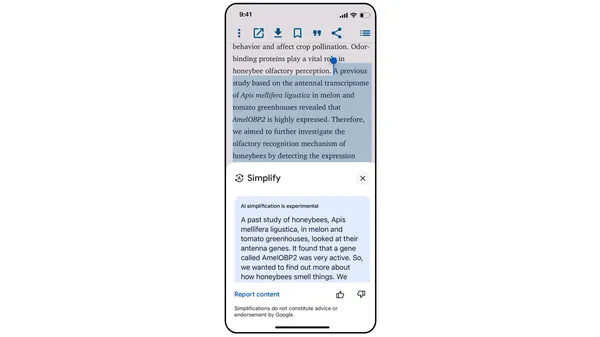








.jpg?width=1920&height=1920&fit=bounds&quality=70&format=jpg&auto=webp#)





















































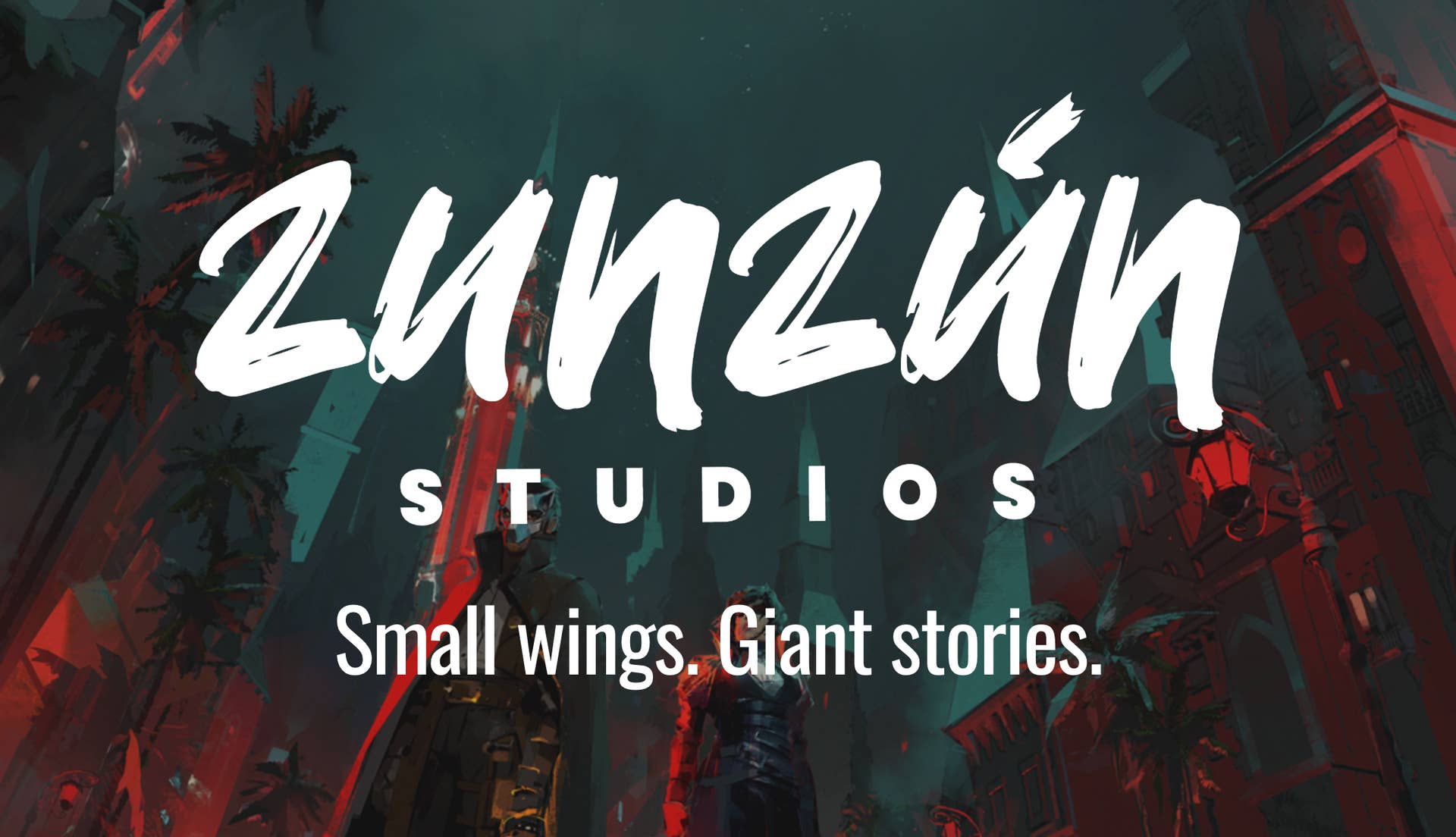






























_Brian_Jackson_Alamy.jpg?width=1280&auto=webp&quality=80&disable=upscale#)

_Steven_Jones_Alamy.jpg?width=1280&auto=webp&quality=80&disable=upscale#)


 Stolen 884,000 Credit Card Details on 13 Million Clicks from Users Worldwide.webp?#)


















































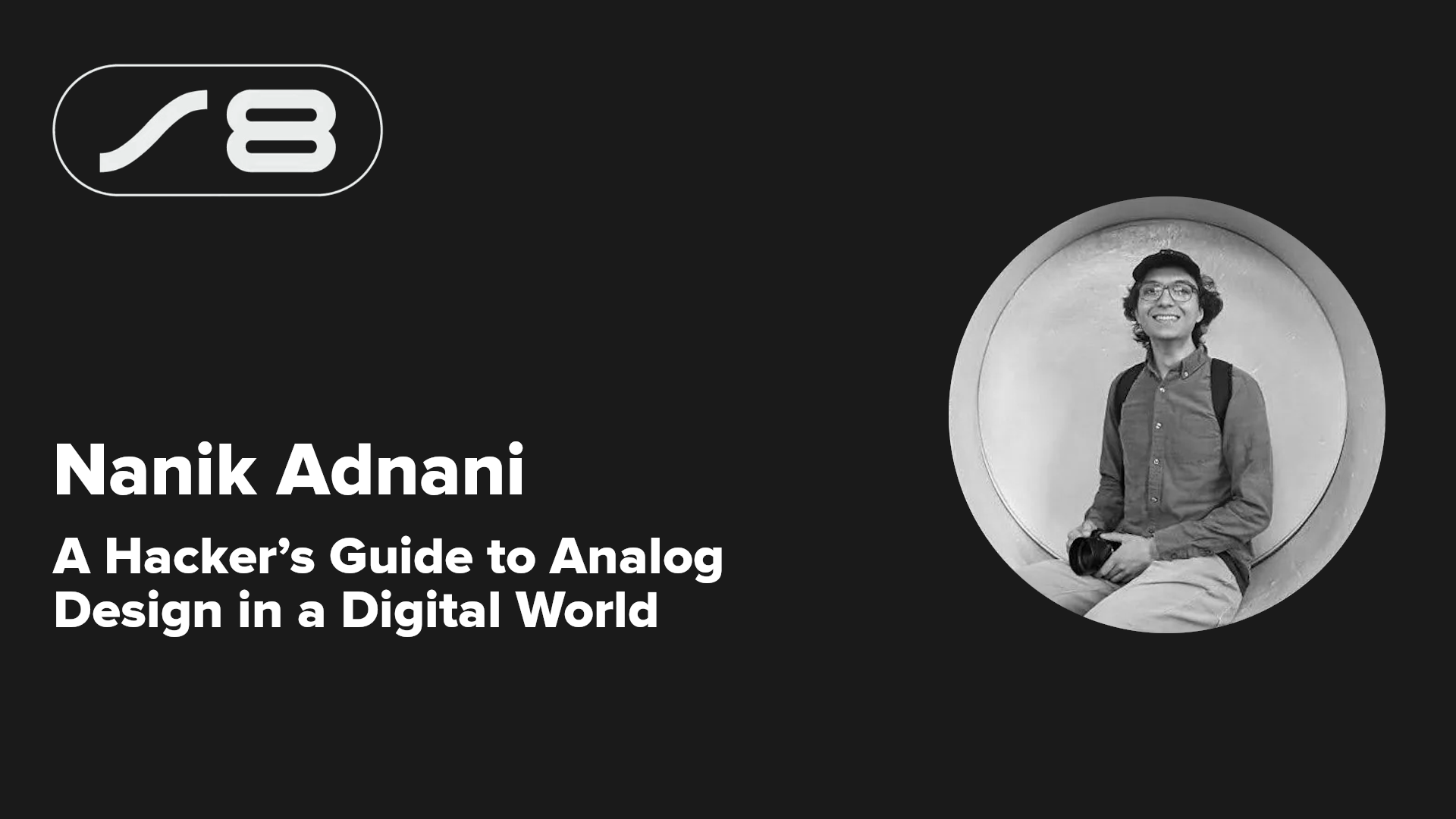
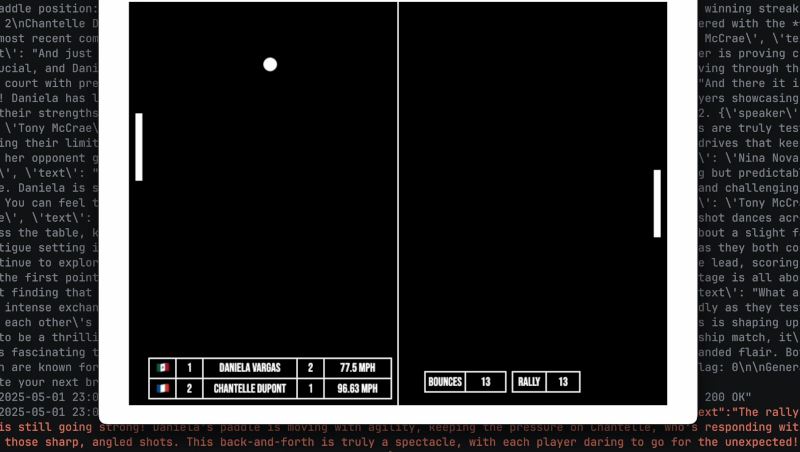
































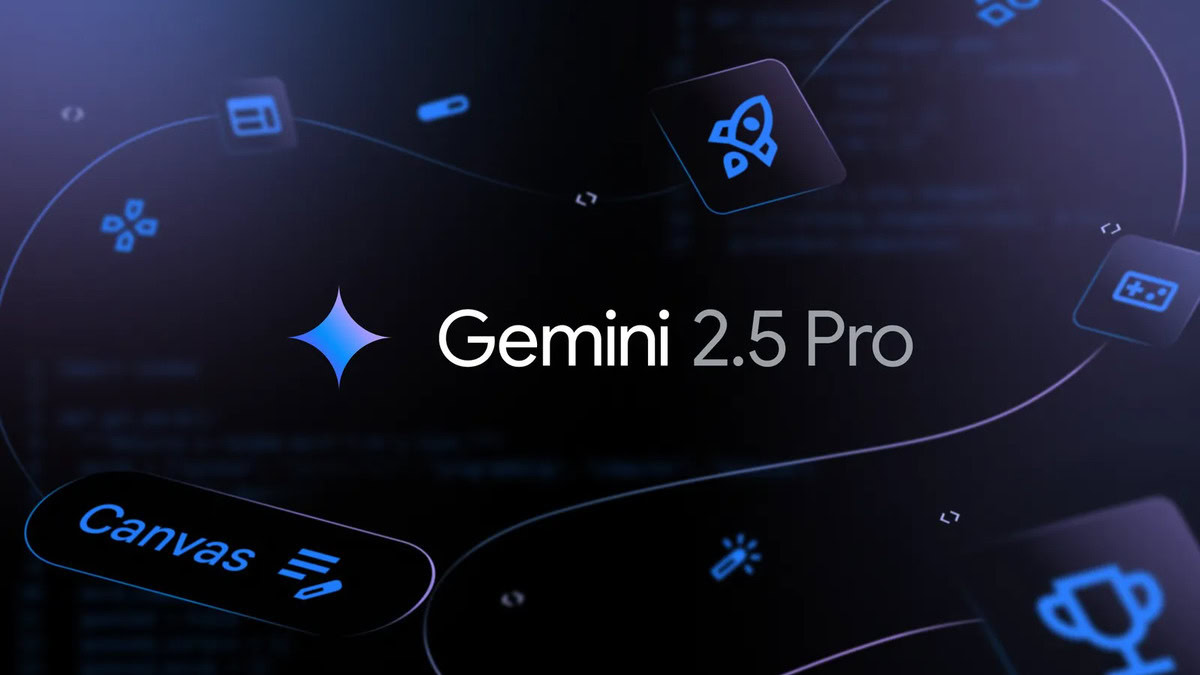









![Google rolling out Nest Wifi Pro April 2025 update [U]](https://i0.wp.com/9to5google.com/wp-content/uploads/sites/4/2022/10/Nest-Wifi-Pro-1.jpg?resize=1200%2C628&quality=82&strip=all&ssl=1)









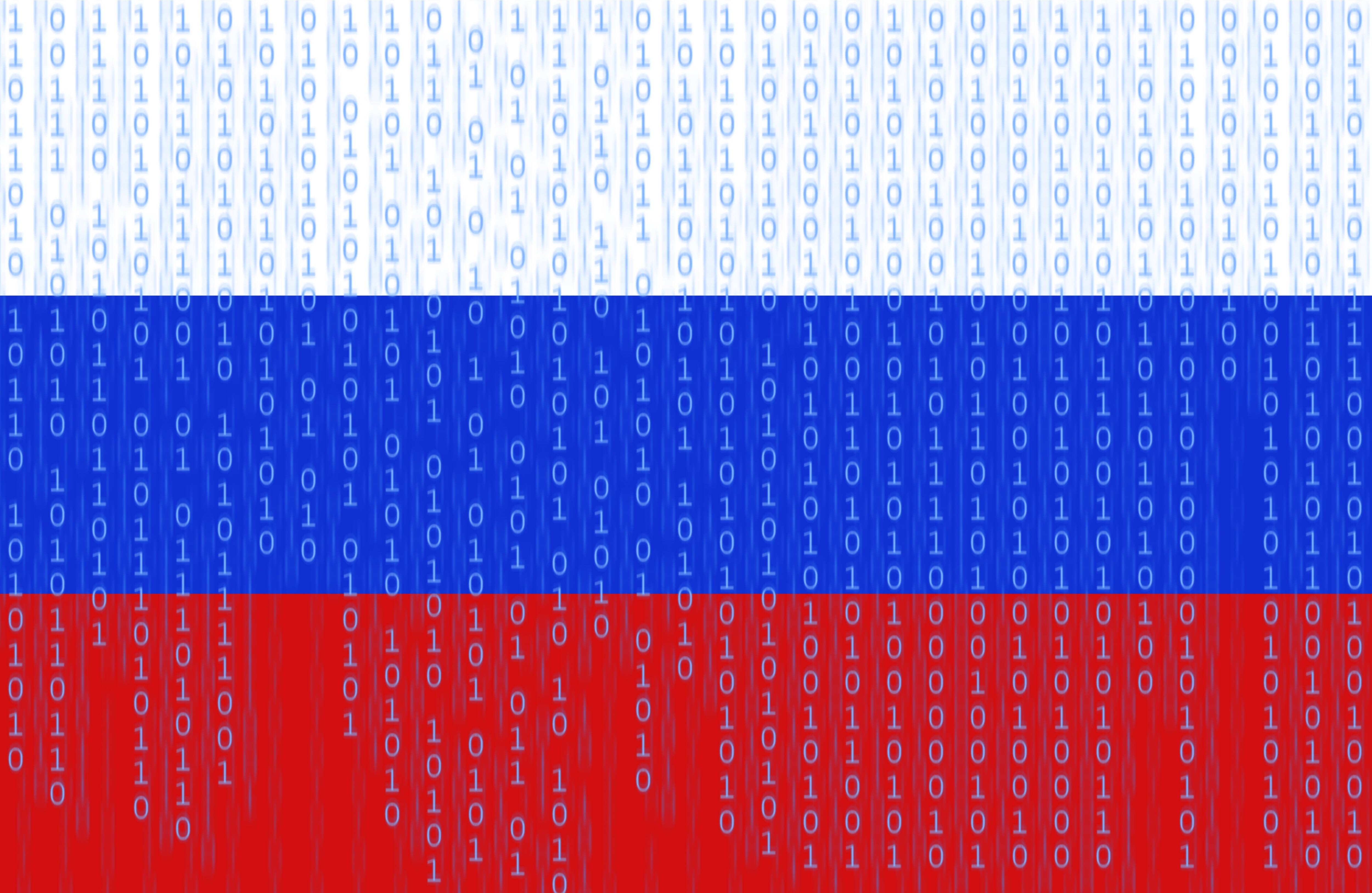


![Apple Seeds visionOS 2.5 RC to Developers [Download]](https://www.iclarified.com/images/news/97240/97240/97240-640.jpg)
![Apple Seeds tvOS 18.5 RC to Developers [Download]](https://www.iclarified.com/images/news/97243/97243/97243-640.jpg)

![Apple Releases macOS Sequoia 15.5 RC to Developers [Download]](https://www.iclarified.com/images/news/97245/97245/97245-640.jpg)












